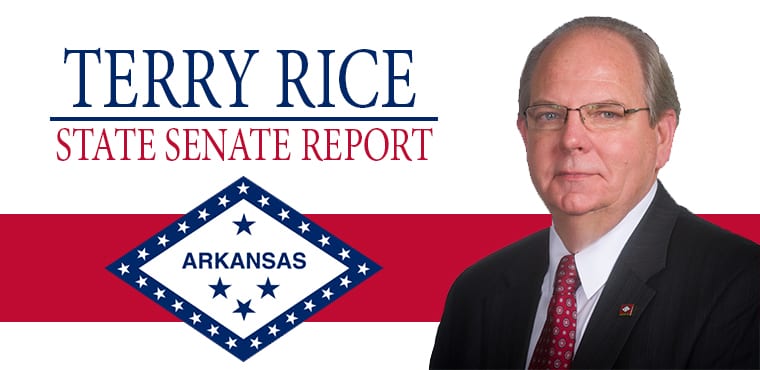LITTLE ROCK – During budget hearings and continuing through the regular session that begins in January, legislators will tackle the difficult issue of controlling Medicaid costs.
They have an extensive analysis to use. It was completed by a private consultant in March after a year of identifying possible methods to hold down the steadily rising costs of the program.
The state Department of Human Services administers Medicaid, and according to department officials from 2018 through 2023 the annual cost of operating the program increased by 41 percent.
The increase matters to all other state agencies because over that same period of time Medicaid spending grew from 20 percent of the overall state budget to 23 percent. The increase represents tax dollars that no longer can be spent for education, prisons or economic development.
Medicaid provides health coverage for more than 850,000 Arkansas citizens. It is paid for by a combination of federal and state funds. Until October 1, the federal government paid 72 percent of the costs and the state paid the rest. On October 1 the federal matching rate fell to 71.14 percent, which means that state government will have to pay an additional $55 million a year to maintain Medicaid services at their current level.
About 38 percent of Medicaid beneficiaries are children, 29 percent are adults, 6 percent are elderly people and 15 percent are people with disabilities. The remaining 11 to 12 percent are in ARHOME, a category of expanded Medicaid for people whose incomes are below 138 percent of the poverty level.
The elderly people who make up 6 percent of Arkansas Medicaid beneficiaries account for 12 percent of Medicaid spending. The people with disabilities, who make up 15 percent of the program’s population, account for 28 percent of Medicaid spending.
The cost of paying for prescription drugs was $509 million last year, representing 6 percent of total Medicaid spending in Arkansas. That amount has increased 22 percent since 2017.
One option for saving about $1.9 million a year would be to allow 90-day refills. Currently, refills are limited to 30 days. Another option would be for Arkansas to approve value-based payments to drug companies for the most expensive new drugs. Under this system, the drug companies would pay rebates back to the Medicaid program if the drugs did not produce agreed-upon results.
Thousands of Medicaid beneficiaries receive long term care and support. They are elderly or have disabilities or serious, chronic diseases. They generally have two options. One is to enter a long-term care facility. The other is to get care at home or in a community setting.
In Arkansas roughly half the beneficiaries of long term services receive care in an institution, and about half receive care at home or in the community. Institutional facilities account for 49.8 of expenditures for long-term care and 50.2 percent of spending is for home-based or community-based services.
Nationwide, 62.5 percent of long-term services are in community and home-based programs, which are more affordable alternatives to nursing homes, according to past Medicaid studies.






